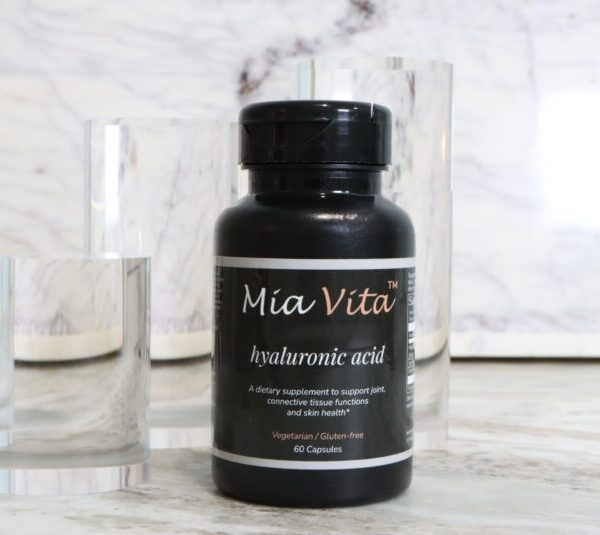What is surgical and chemical menopause?
Surgical or chemical menopause is the result of a medical treatment, like a hysterectomy or cancer treatment.
What happens when you go into surgical menopause?
Surgical menopause is the result of having both ovaries removed before the natural menopause transition begins.
A bilateral oophorectomy is when both ovaries are removed due to gynecological cancers, or as part of risk reduction treatment in women with an inherited increased chance of developing ovarian cancer.
Symptoms After surgical menopause:
- Hot flashes and night sweats
- Vaginal dryness
- Mood Swings
- Loss of libido
- Increased risk of cardiovascular disease
What is chemical menopause?
Chemical menopause may be the result from treatment for endometriosis, or cancer treatments such as radiation and chemotherapy.
Women who have gone through chemical menopause as a result of chemotherapy may experience worse symptoms than women who have gone through natural menopause.
Symptoms of chemical menopause:
- Hot flashes
- Decreased Libido
- Mood Swings
- Depression and anxiety
- Vaginal dryness
- Insomnia
Managing menopause symptoms
You can manage your symptoms by implementing lifestyle changes:
To reduce hot flashes
- Avoid spicy foods
- Stay hydrated
- Reach for Mia Vita® Hot Flash Relief supplement
- Dress in layers
To relieve vaginal dryness
- Use a vaginal moisturizer that contains hyaluronic acid and vitamin E to deliver intense moisturization and lock in hydration
To support your mental health
- Get enough sleep
- Exercise regularly
- Meditate
- Join a support group

Is a vaginal moisturizer right for you?
Find relief from your symptoms
-
 Mia Vita® Personal Lubricant & Moisturizer$63.00 — available on subscription from Original price was: $63.00.$49.00Current price is: $49.00. / month
Mia Vita® Personal Lubricant & Moisturizer$63.00 — available on subscription from Original price was: $63.00.$49.00Current price is: $49.00. / month -
 Vulvar Moisturizer$49.00 — available on subscription from Original price was: $49.00.$34.30Current price is: $34.30. / month
Vulvar Moisturizer$49.00 — available on subscription from Original price was: $49.00.$34.30Current price is: $34.30. / month -
 Mia Vita® Hyaluronic Acid (Oral Dietary Supplement)$44.95 — available on subscription from Original price was: $44.95.$40.45Current price is: $40.45. / month
Mia Vita® Hyaluronic Acid (Oral Dietary Supplement)$44.95 — available on subscription from Original price was: $44.95.$40.45Current price is: $40.45. / month -
 Mia Vita® Sleep$44.95 — available on subscription from Original price was: $44.95.$40.45Current price is: $40.45. / month
Mia Vita® Sleep$44.95 — available on subscription from Original price was: $44.95.$40.45Current price is: $40.45. / month -
 Mia Vita® Hot Flash Relief$35.00
Mia Vita® Hot Flash Relief$35.00
Join the FemmePharma community
Don’t miss out! Sign up for the health articles, exclusive offers and product launch details!